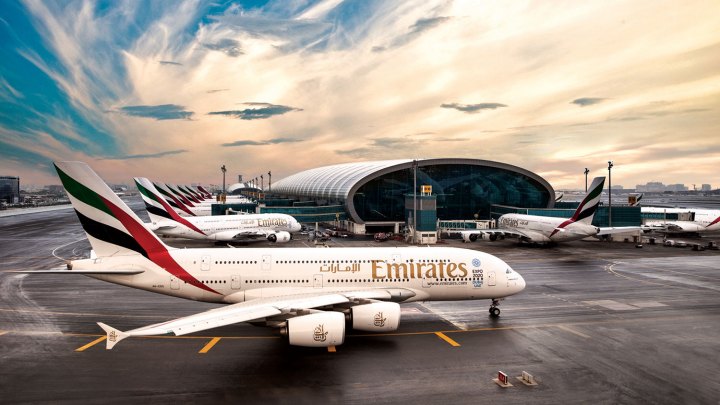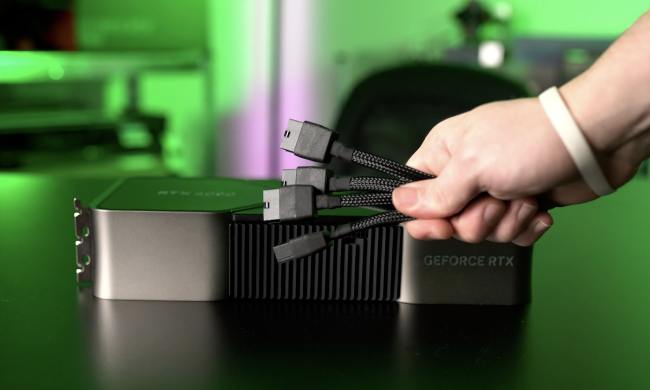
The so-called laptop ban was initially implemented in March as the Department of Homeland Security expressed concerns over the possibility that these devices could be used to bring explosives aboard planes. A total of 10 cities in eight countries were included in the initial ban: Amman, Jordan; Cairo, Egypt; Istanbul, Turkey; Jidda and Riyadh in Saudi Arabia; Kuwait City, Kuwait; Casablanca, Morocco; Doha, Qatar; and Dubai and Abu Dhabi in the United Arab Emirates.
Now, however, a growing number of cities are being exempted from the ban. “Emirates has been working hard in coordination with various aviation stakeholders and the local authorities to implement heightened security measures and protocols that meet the requirements of the Department of Homeland Security’s new security guidelines for all U.S. bound flights,” the Dubai-based airline said in a statement.
Turkish Airlines, on the other hand, announced the change via a tweet, noting, “Dear Passengers, #WelcomeOnBoard to our U.S.-bound flight. Please fasten your seatbelts and enjoy your own electronic devices.”
As for Qatar Airways, the carrier noted, “We would also like to thank our loyal passengers for their understanding and patience while the ban has been in place,” and clarified that passengers to the U.S. are now allowed to bring electronics in carry-on luggage on flights from Doha to the U.S.
At this point, xix airlines remain affected by the ban, as do seven airports. Some of these folks have noted that moves are being made to implement additional DHS security measures that would allow the ban to be lifted. Saudia, for example, Saudi Arabia’s national airline, said on Tuesday that it is attempting to meet the DHS standards by July 19.
“We’re not in a position to confirm so far in advance,” a DHS spokesman said on Tuesday. “Saudi Arabian Airlines is still operating under the [portable electronic device] restriction.”
So if you’re planning on doing any overseas travel, be sure to check the travel restrictions in place before packing your electronic devices.
Update: Qatar Airways has also been removed from the U.S. laptop ban.


